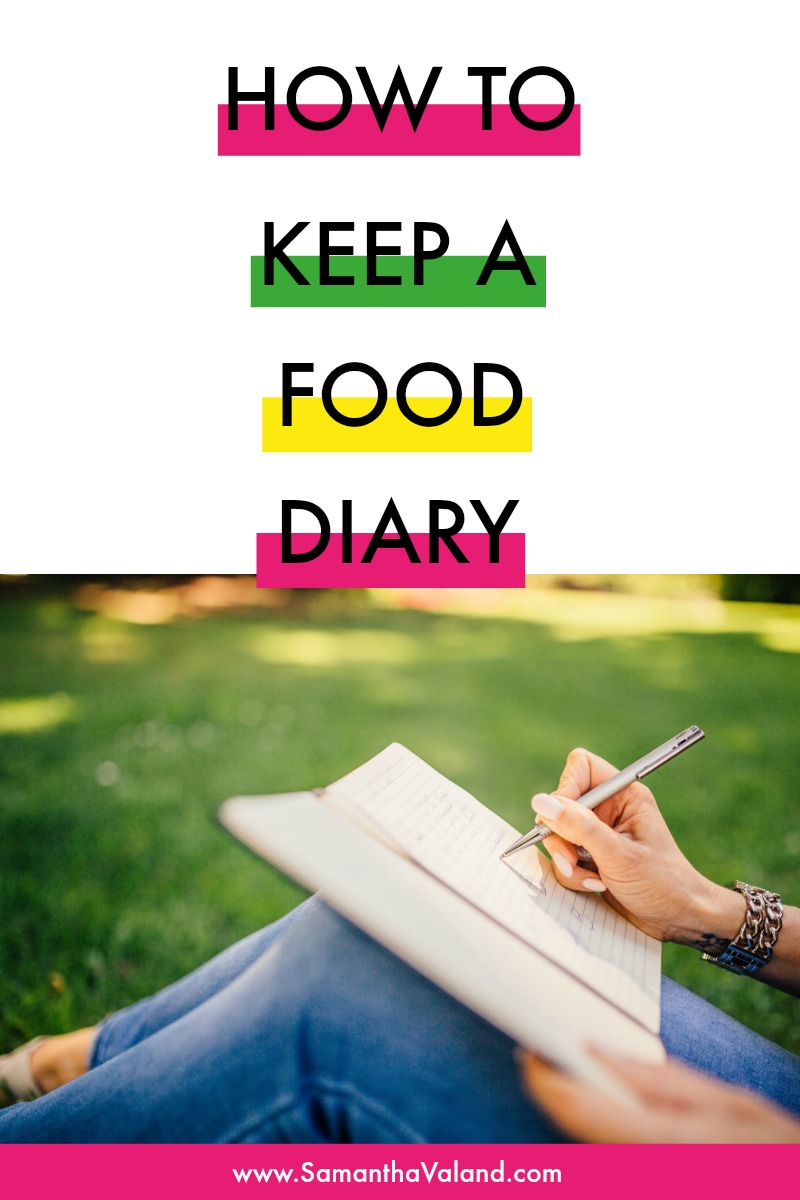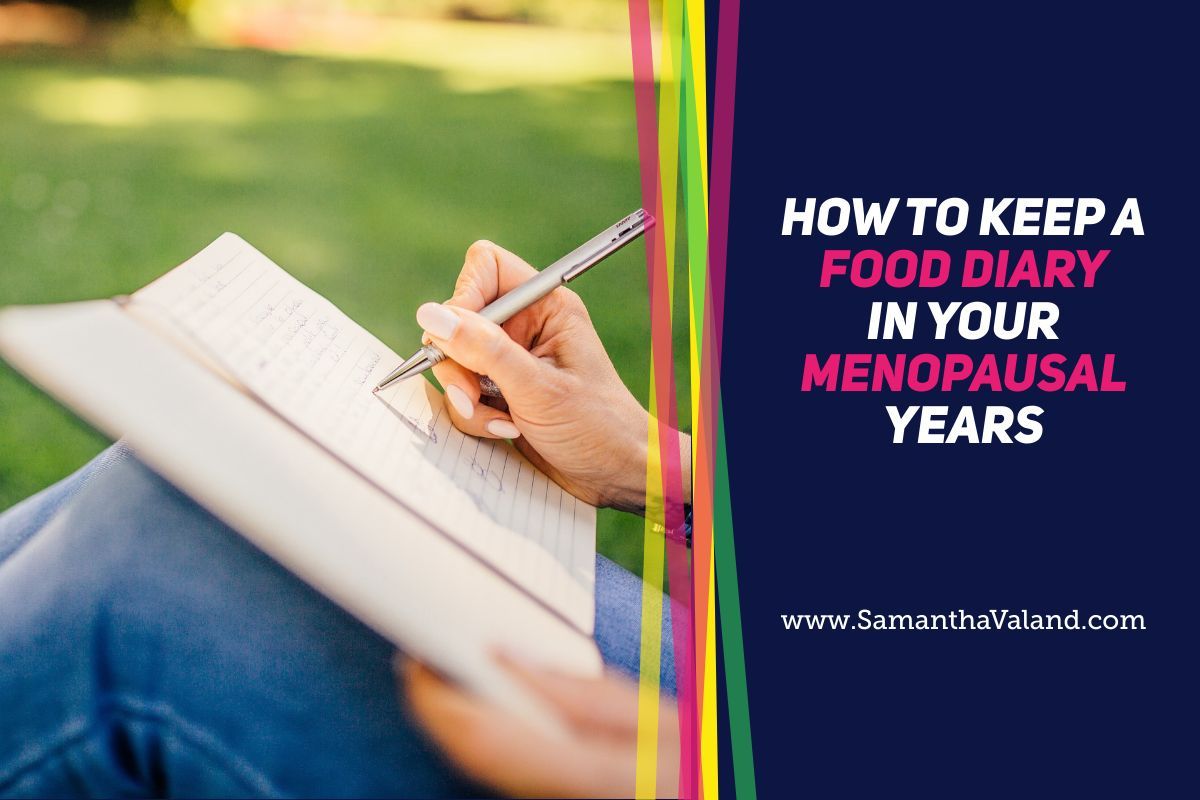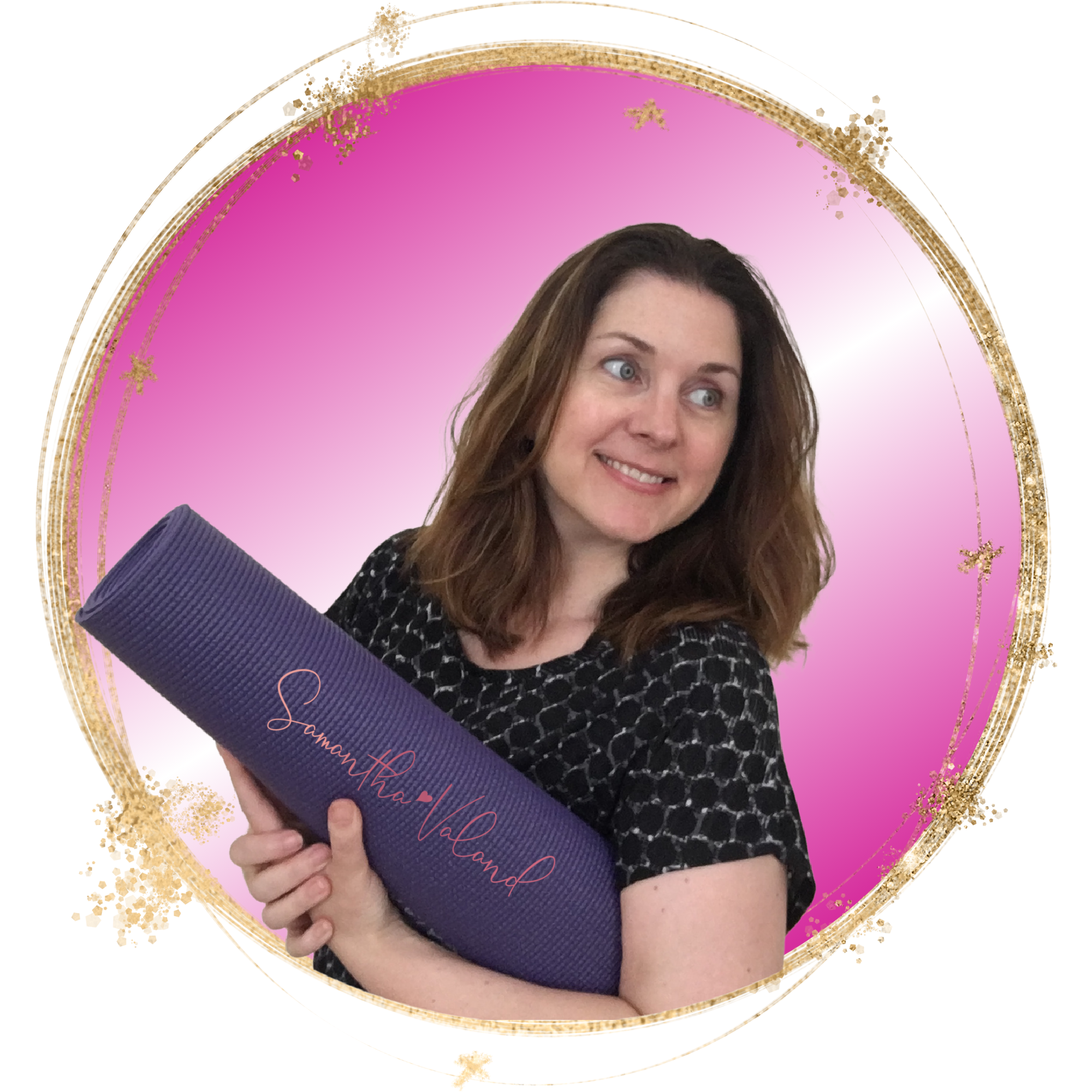You’re a busy lady, me too, it’s easy to keep a tally in our heads of what and how we have been eating. However, if the pounds are sneaking on and not coming off taking the time to keep a food diary is one of the simplest and cheapest methods to help you lose weight.
If you are menopausal then your food choices may come from menopausal symptoms such as cravings or tiredness. It is useful to note these as well not look at just the food but digging into why you are making the choices you are making.
Tips on how to keep a food diary
- Use whatever method that suits you best. A pen and notepad, an app, your diary, post-it notes. Whichever is simplest to you to maintain and review.
- Everyone has a camera on their phones, so taking pictures of your food is easy and becomes a visual diary.
- Write as you go as it’s easy to miss something if you are having a busy day.
- Although amounts are useful, if you don’t know, note the portion size instead. Don’t be a perfectionist just note down what you know!
- Ratios are important as well. Can you note how much veg you have compared to how much protein you have compared to how much carbs you have on your plate.
- It’s not just about the food you are eating; it’s about your mood too. Keeping a note of how hungry you are, are you eating for pleasure? i.e. someone brings in some cookies to work and it would be rude not to! Eating for energy to get you through the 3pm hump or genuine it’s lunchtime I’m starving let’s eat!
- Noting where in your cycle is useful as well if you are having any symptoms you can tie in. Some women have a craving for carbohydrates during the last weeks of their cycle. So this may the time to focus on.
- Reflect on how you feel 20 mins or so after you have eaten. Was it satisfying, or did it leave you wanting more? Your meal may have been healthy, but is it healthy for you?
- Are you eating at regular time or are you going for long periods without eating. Some women are fine with this but others end up having a ‘continuous meal’ in the evening if they do not eat regularly throughout the day.
- Having cravings is common during the menopause, but so is a loss of appetite. Both can lead to making food choices that you are not the best for you.
Studies have shown that food diaries are often under reported, often up to 30%! Some of the reasons being:
You change your eating habits for the duration of keeping a food diary
Changing how you eat is not a bad thing, keeping a food diary over time and not just a few days should smooth this out. If you eat differently during the different phases of your menstrual cycle, your food diary should pick this up.
Deliberately omit food if you are embarrassed about what you have eaten
I would ask my clients to list this as a ‘cheat meal’ and maybe not the details if they are embarrassed. It should be an exception rather than a rule. If it happens often, particularly unplanned ones – because everyone has one on a Saturday! – then it’s time to look into why and what changes can be made to help reduce it.
Unintentionally miss out food because you are busy, and you have forgotten
This is usually the game changer. If you forget it’s usually because you think it’s unimportant, but these are often the calories that make the difference, rather than lunch or dinner these meals well thought out in advance. I find these are often finger foods, which can often be small portions so they appear insignificant but they still have calories!
How to remember food you have forgotten you have eaten!
It’s more to do with habits and starting to be aware of your habits. I often find clients easily remember the choices they are proud off and it’s the choices they perhaps regret, they forget which is human nature,
- Are you a people pleaser, if someone brings in sweets at work is it hard to say no? ‘Just the one’.
- Do you pick food? Rather than eating off the plate you pick here and there and it’s hard to keep track off? Ask your family on this one.
- How often do you eat in front of the TV or surfing on your PC. Your brain doesn’t often register eating if you are multi tasking.
- Do you eat out a lot and selecting food that looks healthy but you are not sure what’s in it? You can’t write down if you don’t know what’s in your food.
Food diaries help with accountability, they keep your focus on what and why you are eating.
If you eat differently over the course of the month this is one of the best ways to pick up on it and work out strategies.
I find a notepad easy to carry about. Some people keep their receipts if they are eating out a lot and also supermarket receipts can be a good reminder of what you had to eat.
Food Diary Printable
I also have a food diary template which you can download free here from Dropbox.
Food Diary and the Menopause
Under each day there is a code – – | – – this isn’t Morse code! It’s my Menstrual Cycle Tracker (MCT).
Each dash or – represents a week, there are four dashes to represent four weeks. Split by | which is the middle of your monthly cycle.
If you are interested in how your cycle affects how you eat, it’s a simple way of tracking it by circling whatever week you are on. When you review weeks you can see if your food diary looks different from one week to the next.
You can read more about it here
Food diaries are still the best tool out there for weight loss and working around the above is key to getting the most out of them. Keeping them simple enough that they are easy to use for a few weeks and fit easily into your life rather than making them really complex and only lasting a few days!
What about calories?
The only way to lose weight is to reduce calories, so they are definitely important. However, in your menopausal years it is challenging to lose weight if your hormones are not balanced. So that is our starting point. If you are tired you will eat very differently to when you are full of beans. A menopausal tired is not a missed nights sleep to catch up on it feels quite different and needs copious amounts of rest and rejuvenation. If you are interest in how many calories you need a day, click here for a calculator.
What is the most important thing for you to measure and track?
-
- How you feel?
- How tired you are?
- If you planned your food or it’s impulsive
- Does the busyness of your day impact your food choices?
- How much activity and exercise you took?
There are many things in our everyday lives that impact our food choices. A food diary is good starting place, however in your menopausal years you often need to take a step back and look at why you have make the food choices you do and often balancing your hormones will help influences these choices in a good way!
Using this Food Diary as a Planner
As keeping a food diary can be so time consuming, another method is to use it as a planner.
Print out the food diary template and sit down with your diary and two different coloured pens. Using one colour for eating from home and one colour for eating out.
- Where are you in your menstrual cycle? Check here, then update which week or – in the menstrual cycle tracker (- – | – -)
- Are you are creature of habit? I am, fishy Tuesday and Fridays. So I start off with that and anything else that is habitual.
- Check your diary, any nights out or in that you know of, what are you likely to be eating?
- What about any gym days, do you eat differently then? Perhaps more carbs are needed depending on your workout.
- Do you have a cheat meal planned?
- What are your usual lunch and breakfast options?
- What snacks do you have if any? Are they planned i.e. you have bought them in advance or impulsive purchase with your afternoon coffee?
Through the week, check back to this planner with how you ate in reality.
- Was it different and can you pinpoint in what way?
- Can you take any wisdom from this and do something different for this week
- Are there any patterns you can spot? Perhaps with the people you eat with, how you slept, whether you went to the gym or not.
Did you find this food diary useful? I would love to hear how you are using it! ~ Samantha
You can download my free food diary template here from Dropbox.
If you enjoyed this blog, you’ll also love this one
https://samanthavaland.com/healthy-eating-challenge





